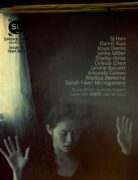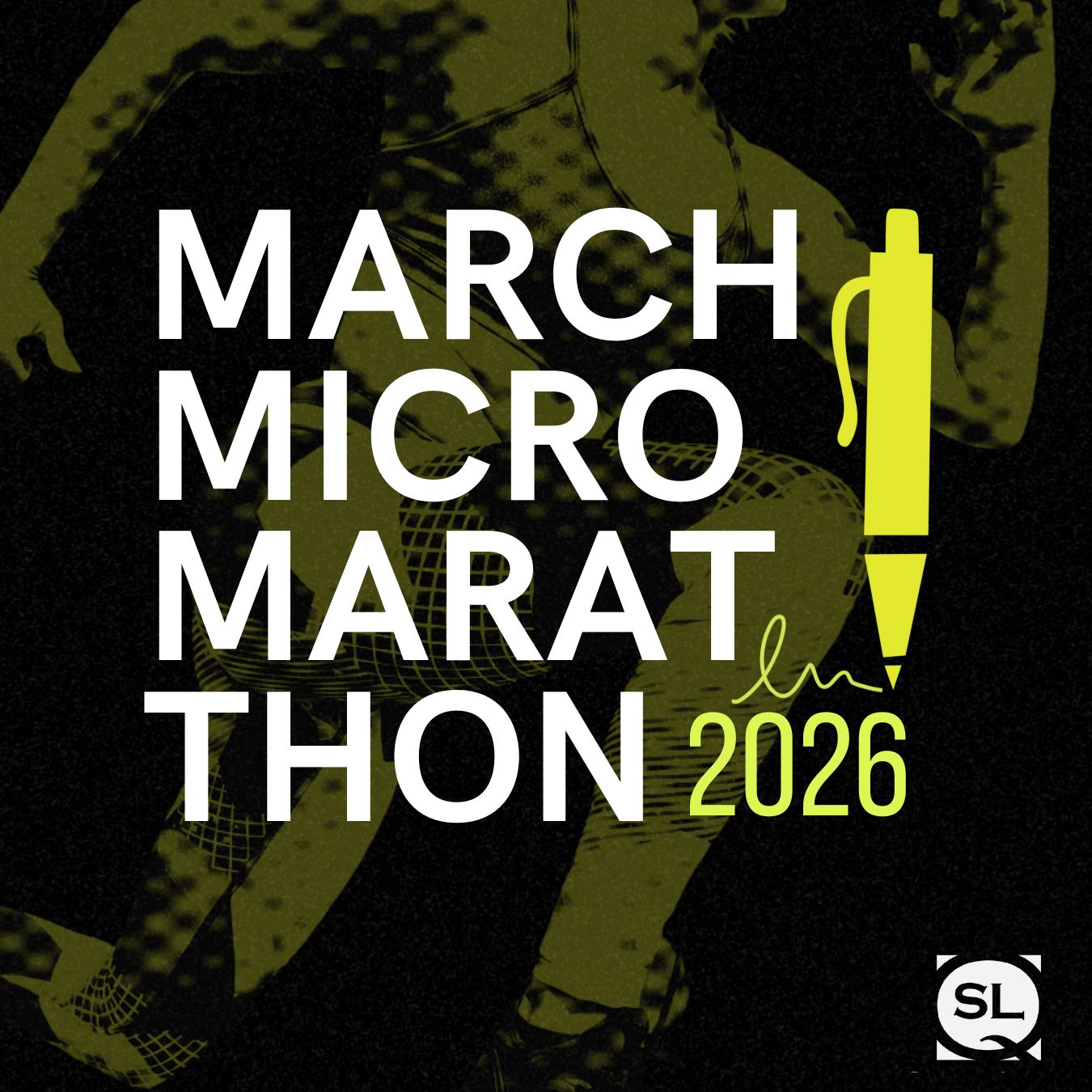“My Mother Calls Her a Head-Case Convict” comes loose (in a great way) at its center, where the image of a Budweiser can is imprinted for the final image of the narrator and her friend’s mouths. Did you have a clear beginning and ending for the piece from its conception, or did you chisel and rearrange to find them?
Absolutely chisel and rearrange. I drafted this piece as one big, dense paragraph—I had originally planned to write a micro, not a flash. And I ended up with this messy block. So in revision, as it became clear I had a flash, I chopped and sliced—trying to harvest here, expand there. The entire second paragraph—the “loosening”—only emerged in revision when I realized I needed to activate my speaker in order to inject energy into the story.
Weirdly enough, though, I never touched the first and last lines! They are the same in every version and revision.
The turn in the story—when the speaker admits they would kidnap a child from a grocery store cart—is embedded with loaded images. I’m thinking of “turkey baster,” “dripping vanilla,” “passing tubes.” Such images seem to suggest an understory (a story implicated through the main narrative). Can you talk a little bit about that?
I think the speaker is navigating this strange, liminal space when it comes to friendship—where she’s a little bit afraid of her friend and a little bit in love with her. She’s not sure where she stands. I wanted images that reflected this emotional space—imagery that felt intimate and violent in the same breath.
“My Mother Calls Her a Head-Case Convict” is largely about stealing, but the notion of a mother (or mothering) also seems significant. What do the speaker’s mother and the friend’s stepfather have in common? Do they function similarly in terms of character?
I wanted both parents to feel like an absent weight. The mother and stepfather occupy only a few lines on the page—but dictate both girls’ motivations. The speaker rebels against her disapproving mother; the friend steals from her neglectful stepfather. Both are acting out for attention.
The friend’s response to the speaker’s confession is nonverbal, “Her eyes are the glass bulbs shoved into light sockets and screwed.” Can you give us some insight into what is not being said there?
I imagine that confession as both Band-aid and blade: The speaker is reaching out to her friend with warmth but also with pity.
I think the friend is evaluating the sincerity of this proclamation—trying to parse how much trust she can afford to gift.
What is the best flash piece you’ve read this month?
This is such a hard question! But if I had to choose just one, I’d say my favorite this month is “Unlimited Options” by Jason Sprinkle, which I actually read here in SmokeLong. It was just a lovely, perfect story.



 In its third year, The March Micro Marathon will be, as usual, a prompt-a-day whirlwind for 24 days. You’ll exchange drafts of micro fiction, non-fiction, and prose poetry in small groups and gather for a series of online events (all recorded for participants unable to attend live). We’ll finish with 3 competitions, and participants who are not already in SmokeLong Fitness will be invited to workshop with SmokeLong Fitness until the end of April!
In its third year, The March Micro Marathon will be, as usual, a prompt-a-day whirlwind for 24 days. You’ll exchange drafts of micro fiction, non-fiction, and prose poetry in small groups and gather for a series of online events (all recorded for participants unable to attend live). We’ll finish with 3 competitions, and participants who are not already in SmokeLong Fitness will be invited to workshop with SmokeLong Fitness until the end of April!